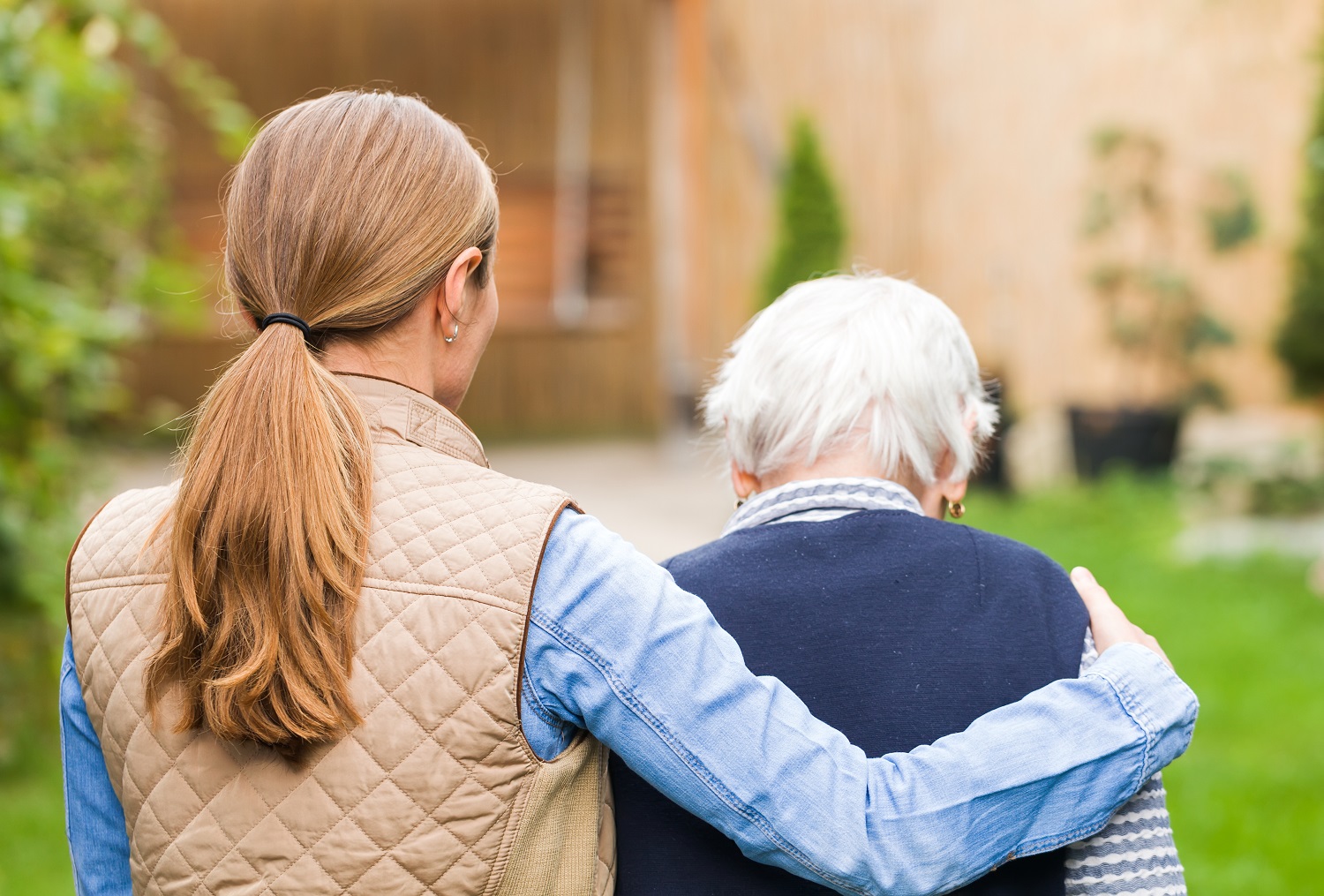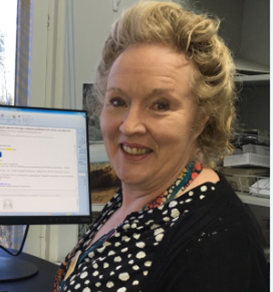
South Australians living in regional and remote areas and the clinicians who care for them are reaping the benefits of the Country Heart Attack Prevention (CHAP) project led by Flinders Caring Futures Institute researchers.
Among the clinicians is Associate Nurse Unit Manager Caroline Wilksch. In her role as Better Care in the Community Coordinator, Ms Wilksch works directly with patients in the Barossa Hills Fleurieu Local Health Network to deliver cardiac rehabilitation.
“I’ve been in this role for over ten years, so I’ve seen a lot of growth in the field of cardiac rehab and how it benefits our patients,” Ms Wilksch explains. “The decision to work with the CHAP team led by Professor Robyn Clark has been very rewarding and has improved patient outcomes.”

Based in Angaston, Ms Wilksch receives referrals from people who have been discharged from hospital following a cardiac event, as well as those who have had stent surgery, bypass surgery or open-heart surgery. The patients come from a wide geographical area.
“We also get referrals for people who have been admitted to hospital with atrial fibrillation, decompensated heart failure or a new diagnosis of heart failure,” she says.
By meeting with the patient, a program of individualised care around cardiac rehab is developed. This can involve educating patients about lifestyle factors such as nutrition, smoking, physical activity, managing stress, pre-existing health conditions and other risk factors that likely contributed to the cardiac event. Managing risk factors alongside medication therapy and ongoing GP and cardiologist care is essential in reducing the individual patient’s risk of a further cardiac event. The evidence shows that providing support and guidance through cardiac rehab during a patient’s recovery assists them to return to a full and active life.
“Our traditional face to face program takes between 8 and 9 weeks to complete,” Ms Wilksch says. “Since the beginning of the pandemic, we have had to adapt to not being able to run our normal program.”
Ms Wilksch says participating in the CHAP project has streamlined the process and enabled her to sustain her services during an unprecedented time. Cardiac patients and staff attached to the Barossa Hills Fleurieu LHN have contributed to the development of and can now access Country Access to Cardiac Health (CATCH) Web, the new online cardiac rehab program being embedded in South Australia’s health system.
Designed with regional and remote patients in mind, the web-based program of care helps address issues around access to cardiac rehab. Featuring engaging videos and educational information that can assist clients after their initial cardiac event or diagnosis, CATCH Web complements other forms of cardiac rehab support patients receive.
“The CHAP project has provided us with more options to increase participation and completion of cardiac rehab and allowed us to offer an even more individualised approach,” Ms Wilksch says. “By focusing on continual improvement, we’re constantly delivering a better service for our patients and making sure that what we are doing is the most up-to-date, evidence-based practice.”
Once a month education sessions coordinated by the CHAP team and tailored to country clinicians have complemented the rollout of the web-based program of care.
“Last month we had Dr Margaret Arstall, Director of Cardiology at Lyell McEwin Hospital talking about heart disease in women, because we know cardiac events present quite differently in women compared to men. This means they often do not get the same timely treatment men do, and their outcomes can be affected by that.”
The CHAP team has also coordinated a Service of the Month initiative, where participating services will make a short, virtual presentation about their practice for the benefit of others. Ms Wilksch says it has been an invaluable initiative.
“By listening in, we have been able to learn about implementing new ideas and consider ways to improve our services and engage more with our consumers.
“I think CHAP has definitely been hugely beneficial in raising the profile of cardiac rehab across SA and that can only be a good thing.”
Upon reflecting on her ongoing collaboration with the project, Ms Wilksch says it has been both rewarding and exciting to be involved.
“Robyn and her team do an amazing job and they are very approachable,” she says. “They are keen to find out what clinicians on the ground are experiencing and learn what barriers there might be to implementing new forms of practice. I feel like I am part of their team and that my contribution is really valued.”
Ms Wilksch says she hopes the CHAP program will continue well into the future, to benefit future generations.

